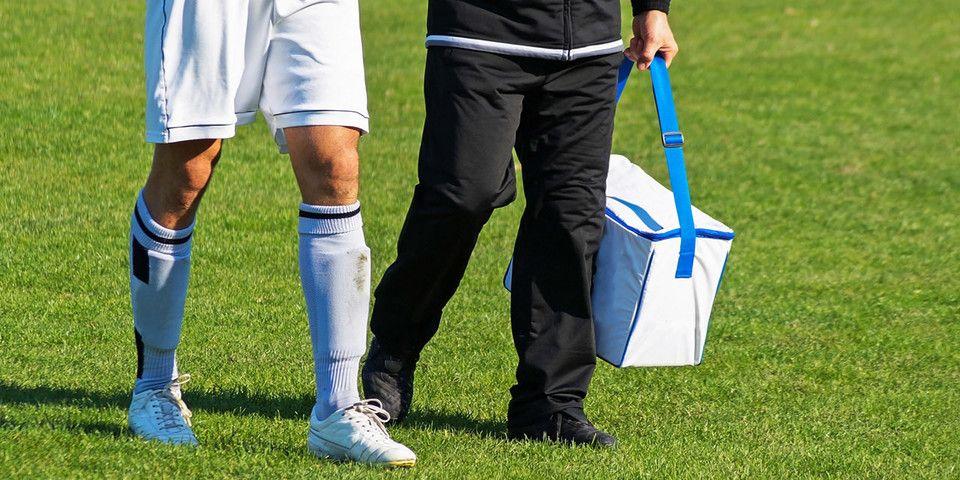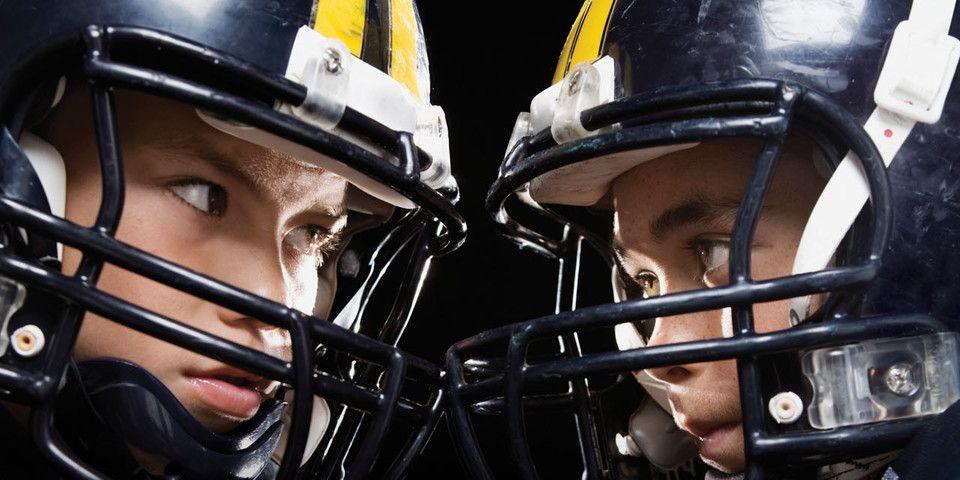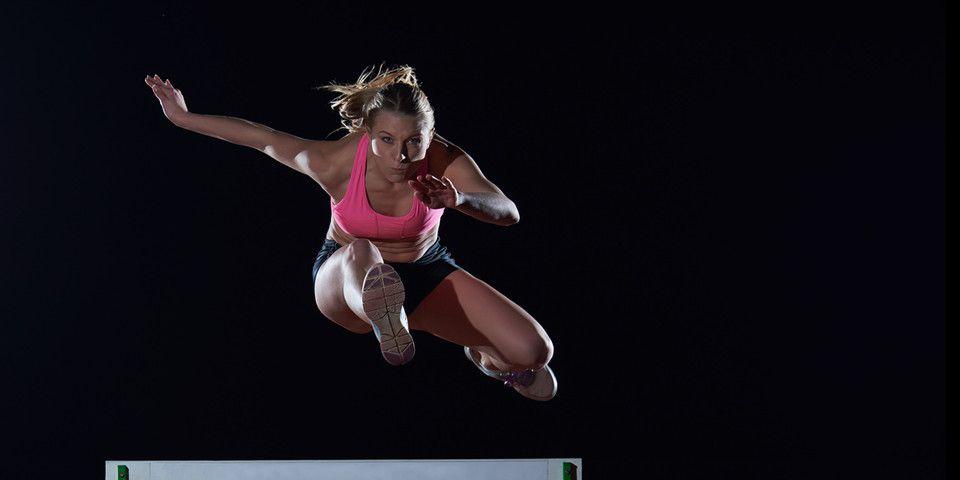Preventing and Treating 3 Common Ice Hockey Injuries
Hockey season is in full swing, and athletes everywhere are lacing up and facing off in rinks around the country.
Unfortunately, these athletes are susceptible to many injuries that can end the season prematurely. If you or someone you know is at risk for ice hockey injuries, Rothman Orthopaedics' strategies for three common conditions below can help.
Shoulder Separation/Dislocation
A separated shoulder occurs when the ligaments connecting your collarbone to your shoulder blade are stretched or ruptured. Whether the result of giving or taking a hit, falling down awkwardly or experiencing incidental contact, a separated shoulder is highly painful; however, it does not usually require surgery.
Conservative treatment including ice, rest, and pain relievers may be enough to relieve the pain as the patient recovers (full shoulder function typically returns within a few weeks).
Targeted prevention training: basic strength exercises such as military presses and planking (in an extended push-up position) to build shoulder strength.
Sprains and Strains
Sprains and strains share similar symptoms, but involve different parts of the body. A sprain is the overextension or tearing of ligaments (tough bands of fibrous tissue connecting two bones in the joints) while a strain is the overextension or tearing of muscle or tendons (the fibrous tissue connecting muscles to bones). Both are high-risk ice hockey injuries with mild versions treatable at home through rest, ice, compression, and elevation. Severe sprains and strains may require surgery to repair the damaged tissue.
Targeted prevention training: general strength training as well as balance exercises such as standing on one leg at a time, slow pivots, and balance beam-style walking.
Concussion
A concussion is one of the most common and dangerous of all ice hockey injuries. Usually caused by a blow to the head, they can also occur when the head and upper body are violently shaken. Helmets are helpful safety equipment for protecting against skull fractures and other impact injuries, but they cannot be relied upon to protect the brain fully from concussions because a concussion results from the jostling of the brain within the skull internally. Effects are usually temporary - often including headaches and difficulty with focus, memory, and coordination - but every concussion injures the brain to some degree. This injury needs time and rest to heal properly.
Targeted prevention training: practice playing with your head up and intentional awareness of your position on the ice, as well as planking and general strength training to ensure your neck is strong and to help prevent the whiplash effect.
General Training To Help Prevent Ice Hockey Injuries
As with all contact sports, proper strength and conditioning for ice hockey athletes can help prevent common injuries. This should include:
-
Proper nutrition and hydration to help facilitate general health and recovery
-
Adequate warm-up time to prepare the body for exertion
-
Stretching, especially of the lower back, hips, and groin
-
Proper and consistent use of all protective equipment and safety gear
Training in both on- and off-seasons to keep the body strong and flexible:
-
Strength training
-
Balance drills
-
At least 30 minutes of aerobic exercise (running, biking, elliptical, etc.), three to four times a week for cardio health and endurance
-
One rest day per week to facilitate muscle recovery and mental health through relaxation
The first step for anyone interested in changing their exercise routines to prevent ice hockey injuries or any physical and exercise goals should be to consult their physicians. When you need more specialized treatment, the experts at Rothman Orthopaedics can help you decide which options are right for you. Visit us here or contact us at 1-800-321-9999.
Related Specialties
Related Conditions
Related Treatments
Related Programs
-

Athletic Training- Sport Medicine Outreach
Our Field Athletic Trainers provide direct sports medicine care to youth, high school, college and professional athletes. Rothman AT’s provide athletic training services throughout Southeastern PA to interscholastic high schools, colleges, as well as tournaments and special events.Read More -

Sports Concussion Program
Concussion care is a special focus of Rothman's sports medicine program. We've developed the most advanced multi-disciplinary evaluation and treatment techniques based on research done by the concussion specialists here at Rothman Orthopaedic Institute.Read More -

Women’s Sports Medicine Program
The Women’s Sports Medicine Program at the Rothman Orthopaedic Institute is the first of its kind in the Philadelphia metro area and one of only several such programs specializing in the comprehensive care of the female athlete in the country.Read More




